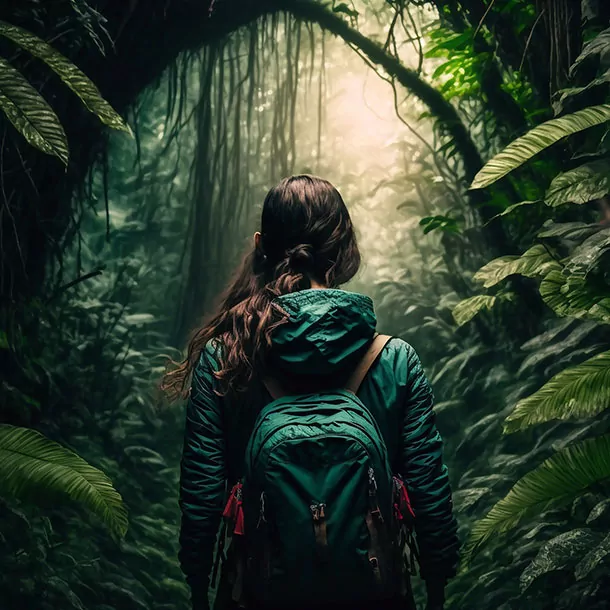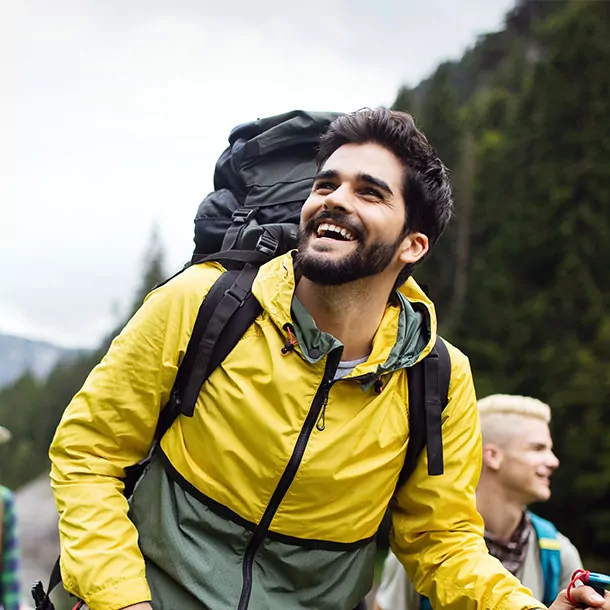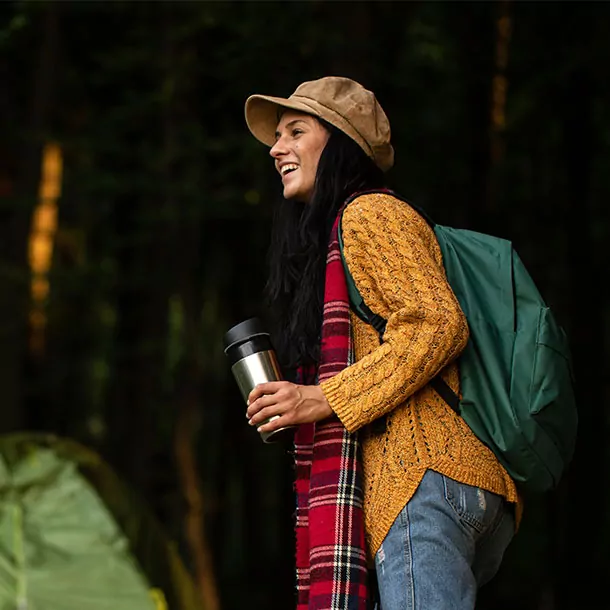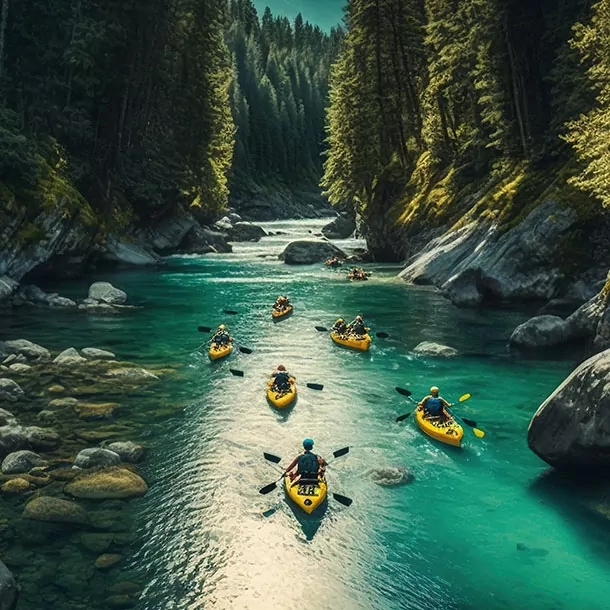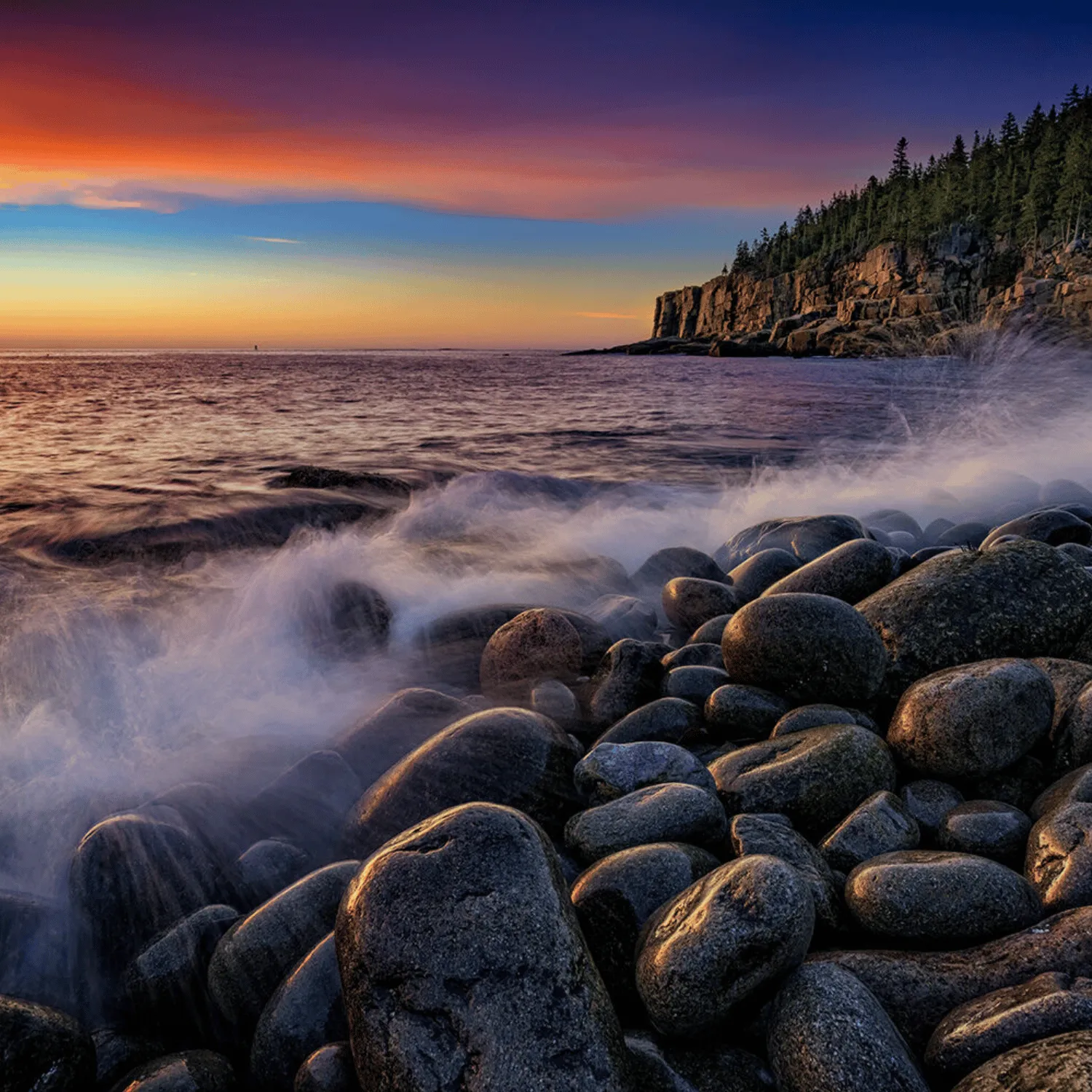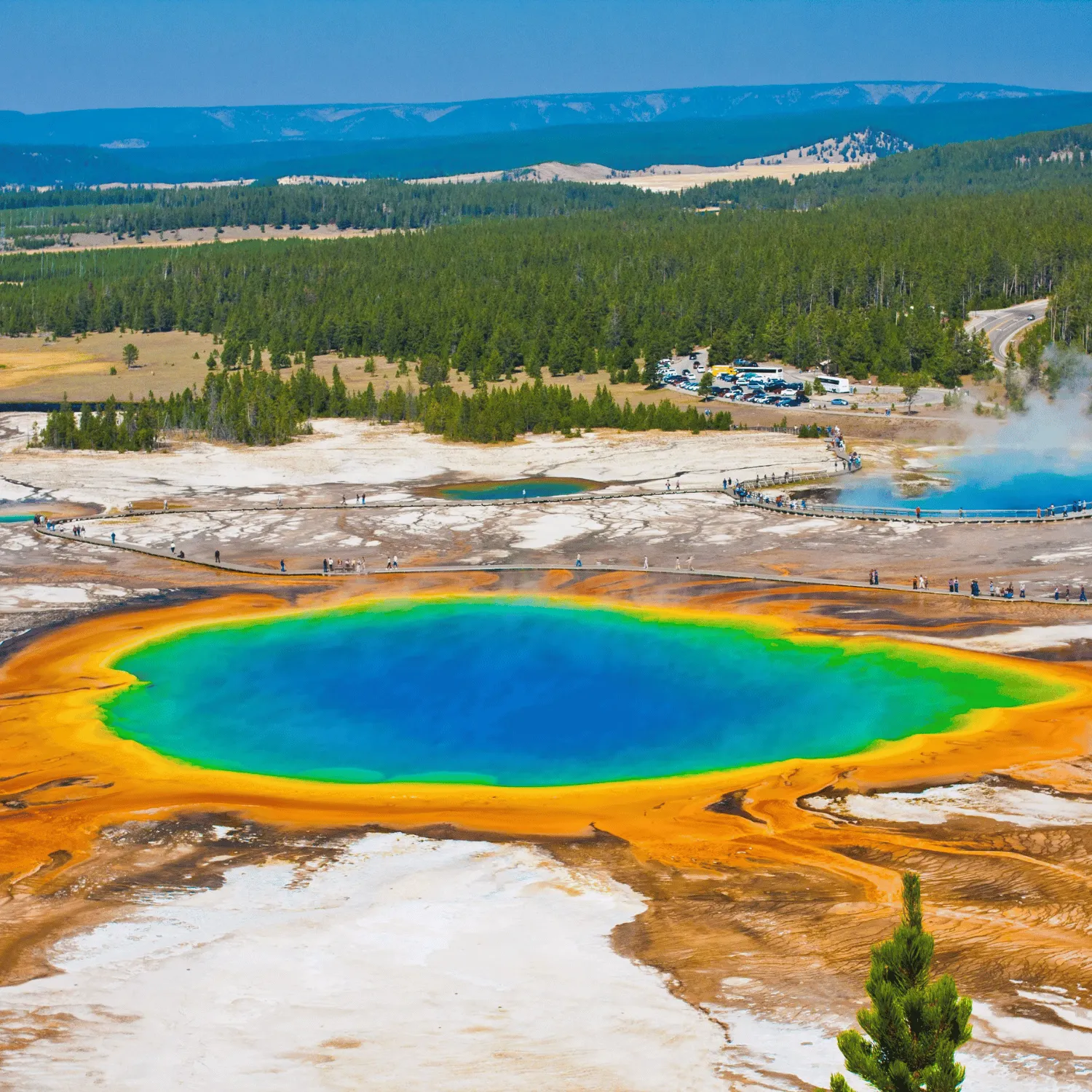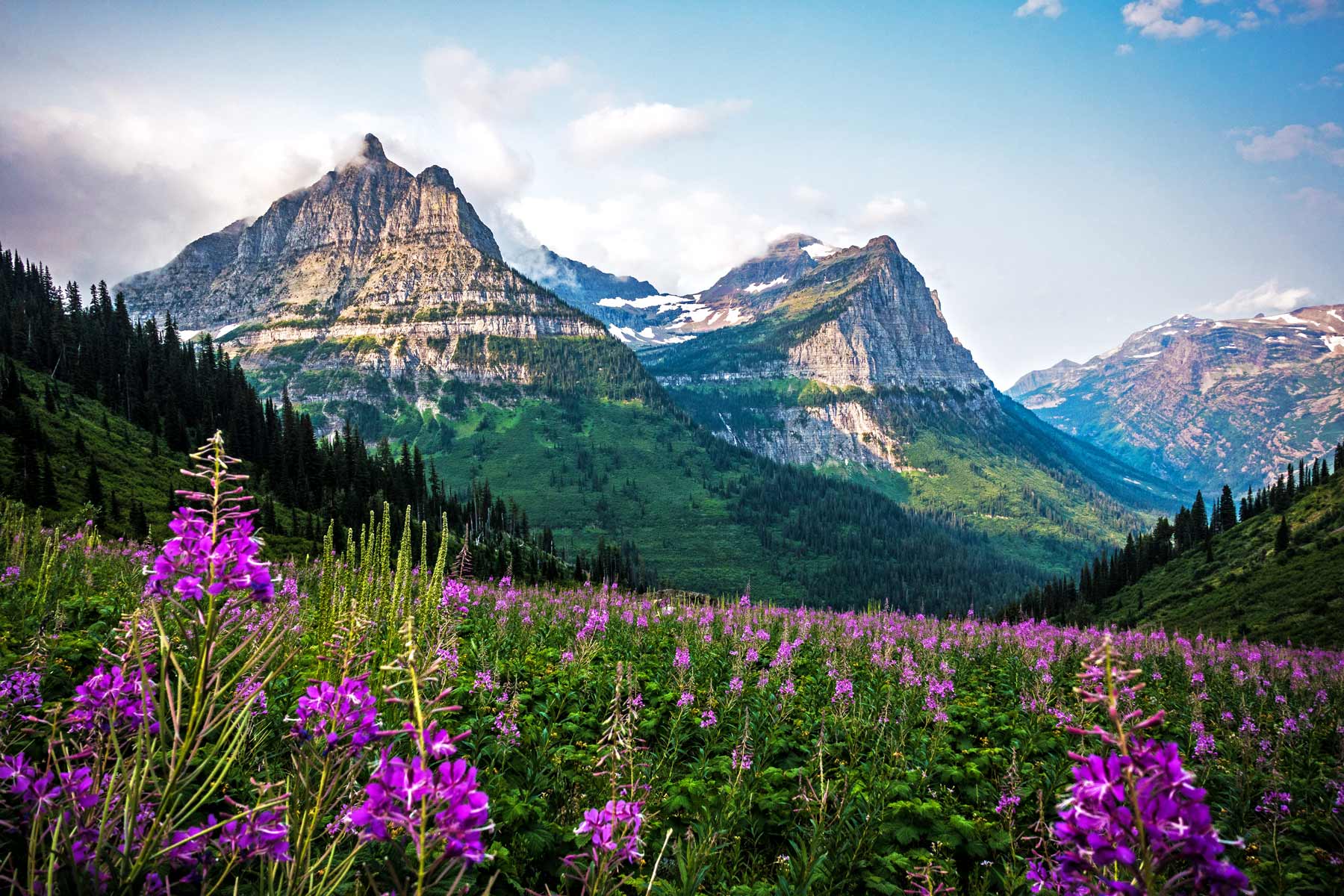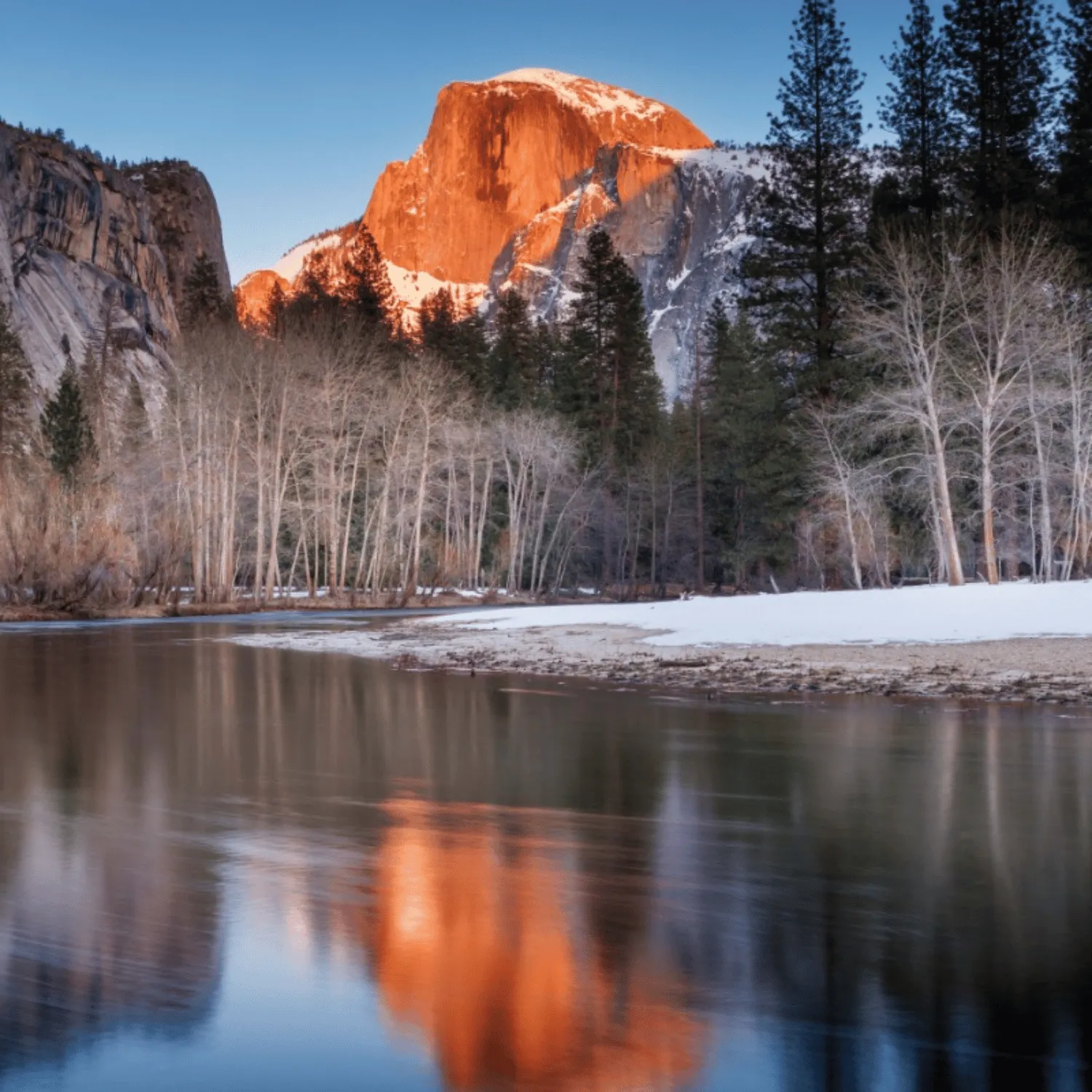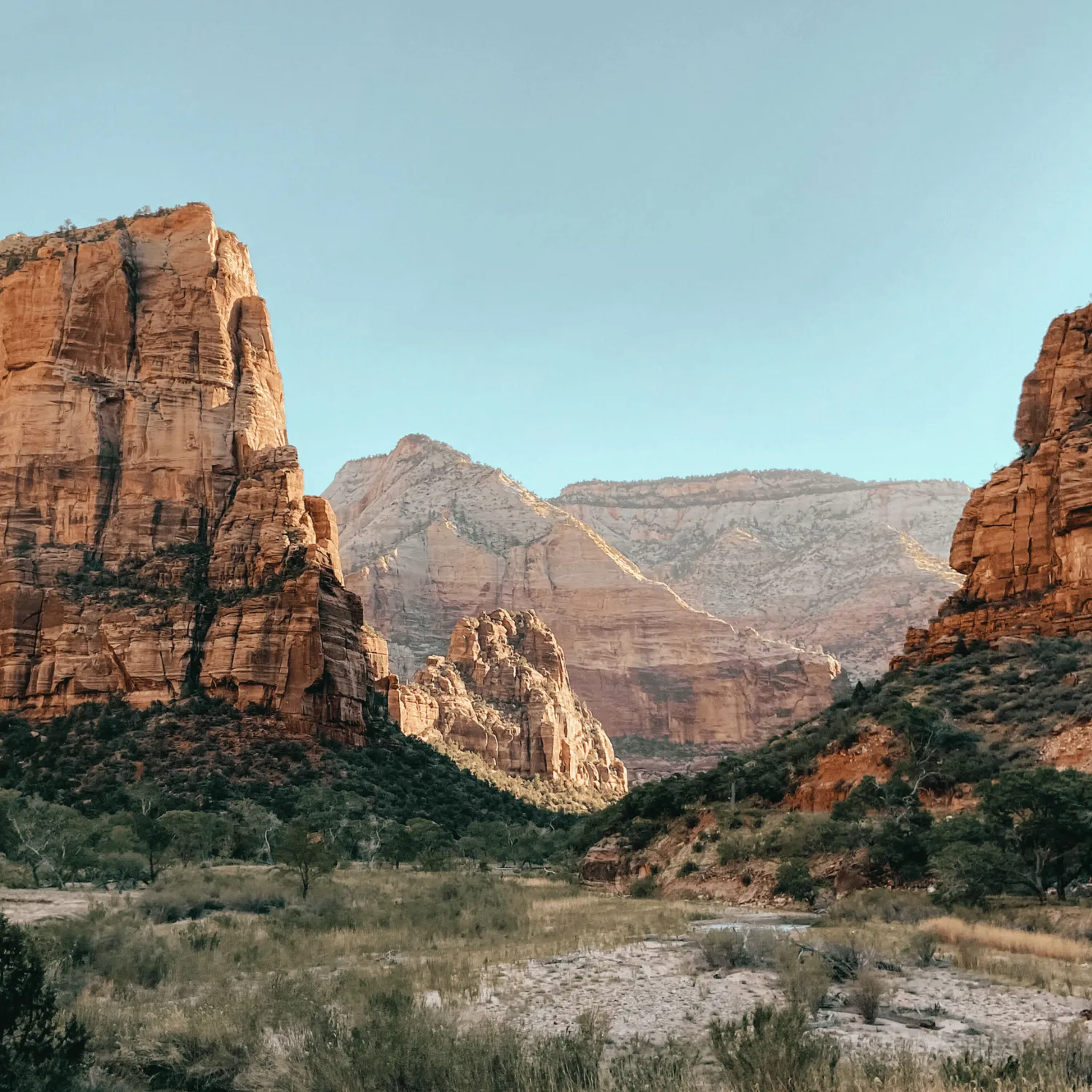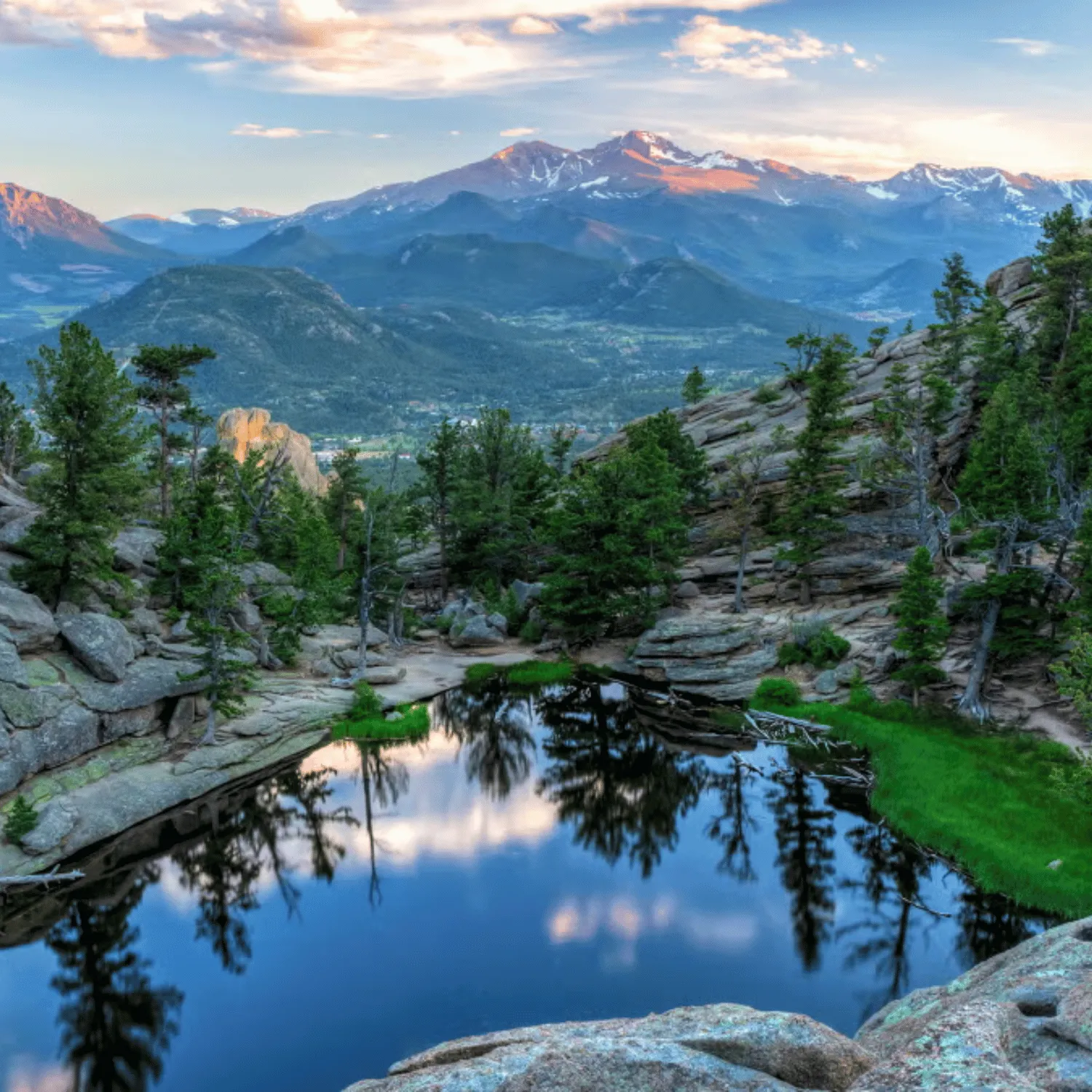Learn & Explore
View moreNational Park Gear
View morePark Picks & Reviews
View moreKnow UsOur Successful Journey
Know Us
🌿 From humble beginnings to a thriving brand, National Park Shop is dedicated to
connecting people with nature and adventure.

2020
The Beginning
Passion for Nature Started with a love for the outdoors, we created products that celebrate adventure and support national park conservation.

2022
Growth & Community
Expanding Our Impact With a growing community of nature lovers, we expanded our product line and spread awareness about park preservation.

2025
Thriving Future
Inspiring More Adventures Continuing to innovate, we strive for sustainability and inspire more people to explore and protect the great outdoors.

FAQOur expert answer FAQ
FAQ
Discover clear, expert answers to frequently asked questions about NationalParkShops.com. From our mission and values to how we support National Parks, this FAQ offers insights into who we are and what we stand for—perfect for anyone curious about our purpose and community impact.

We specialize in products inspired by America’s National Parks, featuring unique designs and a message of conservation. Each item isn’t just a product—it’s a way to share your love for nature with the world..
You'll find t-shirts, hoodies, tumblers, mugs, and more—many featuring fun, artistic, or nature-themed designs based on popular parks like Yellowstone, Yosemite, and Zion.
Absolutely. Our designs are personal, nature-inspired, and great for anyone who loves the outdoors, making them perfect for birthdays, holidays, or just-because gifts.
Absolutely. Our designs are personal, nature-inspired, and great for anyone who loves the outdoors, making them perfect for birthdays, holidays, or just-because gifts.


